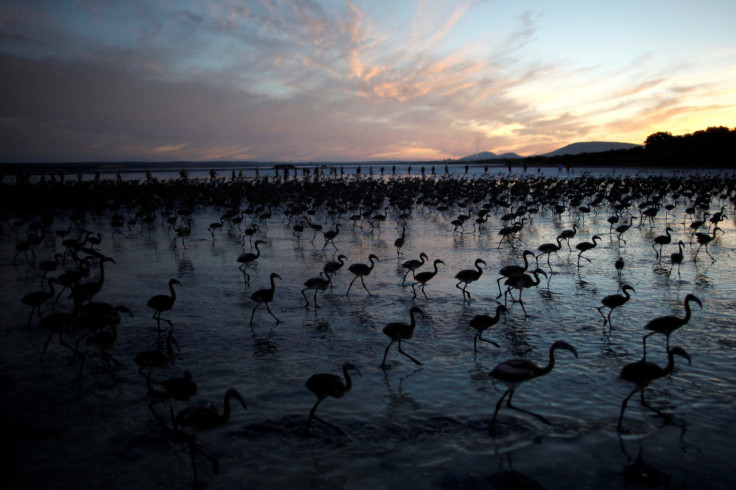Countries Seek Deal On Weakened EU Nature Law

European Union countries' environment ministers will attempt on Tuesday to agree a common position on a landmark law to restore deteriorating natural habitats, having watered down the proposal after pushback from some governments.
The EU proposal to turn around the ailing health of Europe's natural habitats - 81% of which are classed as in poor health - has sparked a fierce political debate, with EU lawmakers and some governments opposing the bill and questioning whether the EU is piling too much environmental regulation onto industry.
Draft negotiating documents, seen by Reuters, showed countries plan to weaken parts of the law.
One change would scrap an obligation to ensure that the health of mudflats, grasslands, forests and other habitats does not worsen, replacing it with an aim to "endeavour to put in place necessary measures" to prevent this.
Another would weaken targets to revive drained peatlands - at the request of countries including Ireland, where dried bogs are farmed upon and peat used as fuel.
EU climate chief Frans Timmermans said he was not worried about changes to make the law more flexible. but expressed disappointment that some politicians had rejected it while refusing to discuss the law's content.
"It makes me really sad that some are trying to draw climate policy to the culture wars. Because then you create sort of a tribal opposition. And once you get into a tribal opposition, facts don't matter," he told reporters on Tuesday.
FOOD PRODUCTION
The parliament's biggest lawmaker group is leading a campaign to reject the law, arguing that making more space for biodiversity-boosting features on agricultural land would threaten food production.
More than 3,000 scientists have rejected those claims, but the law's future looks shaky. A motion by EU lawmakers to reject the entire proposal last week failed by a razor-thin margin, ahead of a full EU Parliament vote in July.
Countries including Denmark have also resisted the proposal over concerns it would clash with climate goals, if it prevented them building wind farms in natural environments.
The European Commission has offered assurances that economic activities can continue in areas where nature is being restored.
But EU diplomats said a range of concerns meant at least seven countries - including the Netherlands, Poland and Sweden - did not back the latest draft proposal, signalling a tight vote on Tuesday.
EU countries and the European Parliament must both approve the law.
© Copyright Thomson Reuters {{Year}}. All rights reserved.



















